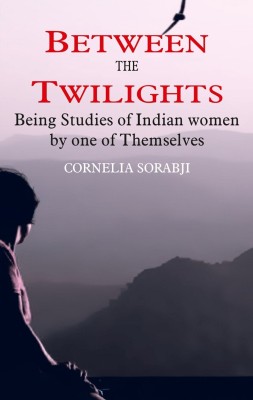Between the Twilights: Being studies of Indian women by one of themselves(Paperback, Cornelia Sorabji)
Quick Overview
Product Price Comparison
About The Book: The manner of its loitering is varied, but always, always, is it an hour of enchantment, this hour Between the Twilights: and it is my very own. I choose it, from out the day's full sheaf, and I sit with it in the Silences on my roof-tree. It was in this hour, through a hot summer, that the thoughts which make this little book came to me, and were written down. I had spent my days going in and out among my friends of the Zenana, and a great yearning was in my heart that others should know them as I did, in their simplicity and their wisdom. About The Author: Cornelia Sorabji (15 November 1866 ŌĆō 6 July 1954) was an Indian lawyer, social reformer and writer. She was the first female graduate from Bombay University, and the first woman to study law at Oxford University. Returning to India after her studies at Oxford, Sorabji became involved in social and advisory work on behalf of the purdahnashins, women who were forbidden to communicate with the outside male world, but she was unable to defend them in court since, as a woman, she did not hold professional standing in the Indian legal system. Hoping to remedy this, Sorabji presented herself for the LLB examination of Bombay University in 1897 and the pleader's examination of Allahabad High Court in 1899. She became the first female advocate in India but would not be recognised as a barrister until the law which barred women from practising was changed in 1923. She would later write about many of these cases in her work Between the Twilights and her two autobiographies. In 1924, the legal profession was opened to women in India, and Sorabji began practising in Calcutta. However, due to male bias and discrimination, she was confined to preparing opinions on cases, rather than pleading them before the court.


